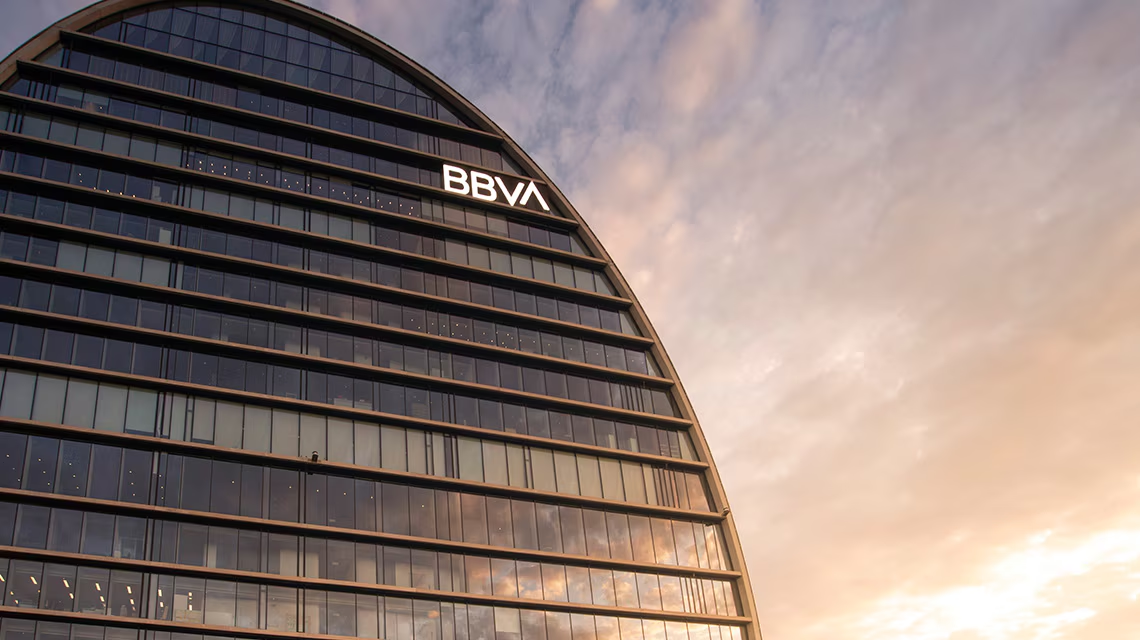Vor ein paar Wochen hat André M. Bajorat hier die Frage gestellt, was Open Banking ist. Dies war meine Antwort:
“Im Idealfall ist Open Banking für mich ein zentraler Ort, an dem man alle Finanzgeschäfte erledigen kann. Also eine Art virtuelles Einkaufszentrum, in dem der Kunde die Finanzdienstleistung auswählen kann, die zu seinen Bedürfnissen passt. Kunden möchten heute nicht mehr für alles eine eigene App, ein eigenes Log-in, ein eigenes Portal nutzen. Nur was einfach, nutzerfreundlich und bequem ist und ein umfassendes Angebot bietet, hat in Zukunft eine Überlebenschance.“
Wenn wir über die Zukunft von Banking und Payment nachdenken, sprechen wir oft von Nutzen und Mehrwert und Problemen, die gelöst werden wollen.
Aber was genau sind heute die größten Probleme für Endkunden im Bereich Finanzen und Versicherungen?
Aus Sicht des Kunden sehe ich sieben große Anforderungen:
1. Wie viel Geld habe ich übrig und wer hilft mir beim Sparen?
Ohne Erspartes kein Spielraum. Ohne Spielraum keine mündigen Entschei-dungen. Gute Vorsorge oder gute Geldanlage heißt zuerst, Geld übrig zu haben. Wer kann mir helfen, am Ende des Monats mehr übrig zu haben? Wer hilft mir beim Sparen, ohne mir gleich Produkte anzudrehen?

Acorns in den USA oder Peak in den Niederlanden haben ein „Penny Hoarder“-Modell, wo jeden Monat Kleinbeträge von meinem Konto in ETFs investiert werden. Smart, aber ist das die beste Lösung für mich? Sind die Gebühren gerechtfertigt? Wie leicht komme ich an das Geld, wenn meine Waschmaschine oder mein Auto kaputt gehen? Clinc in Deutschland hat ein Modell versucht, wo das Geld zuerst auf ein Sparkonto fließt, um dann investiert zu werden. Apps wie YNAB (You Need a Budget) oder Spendee helfen mir, Ausgaben zu planen und nachzuhalten.
Aber geht das noch einfacher? Und direkt in meinem Bankkonto? N26 hat ein fantastisches Ausgabentracking. Aber was, wenn dort gar nicht mein Gehalt eingeht, sondern immer noch bei der Sparkasse?
2. Wer gibt mir Orientierung?
Die meisten Menschen erleben ihre persönlichen Finanzen als zersplittert. Geldthemen fühlen sich komplex und undurchschaubar an. Besonders Millenials und Menschen in Teilzeit oder Selbstständigkeit fühlen sich unsicher und sind besorgt, wenn es um ihre finanzielle Zukunft geht.
In der guten alten Zeit, bevor es Fintechs und Insurtechs gab, kannte mich mein Bankberater. Er wusste, ob ich verheiratet bin, was die Kinder machen, wie lange meine Baufinanzierung noch läuft und was ich im Monat übrig habe. Er analysierte mein Leben und hat mir passende Produkte empfohlen. Teure Produkte, aber immerhin.

Heute habe ich Konten bei mehreren Banken. Meine Autoversicherung bei Versicherung A, die Haftpflicht bei B und die Hausratversicherung bei C. Wer verschafft mir Überblick? Open Banking-Apps wie Finanzguru oder Numbrs führen meine Konten zusammen. Online-Makler wie Clark oder WeFox versprechen mir alle Versicherungen auf einen Blick.
Das Problem: Jeder schaut nur auf seine Produktklasse. Makler empfehlen mir Versicherungen, Depots empfehlen Aktien und Fonds, Baufinanzierer verkaufen Baukredite. Gerade bei komplexen Herausforderungen wie Altersvorsorge und Geldanlage bräuchte ich ihn wieder: einen persönlichen Ratgeber. Der mir erklärt, ob ich Aktien brauche, einen Fonds, einen Robo Advisor, ein Haus, einen Haufen Gold, Festgeld, Riester, Rürup, eine betriebliche Altersvorsorge…
3. Welche Produkte sind wirklich gut?
Die großen Vergleichsportale listen allein 200 verschiedene Haftpflichtversicherungen auf. Wie soll ich mich als Kunde ohne Begeisterung für Versicherungsbedingungen zurechtfinden und gute Entscheidungen treffen? Man kann eine Versicherung oder ein Vorsorgeprodukt nun mal nicht zwei Wochen ausprobieren und zurückschicken, wie ich es mit einer Bohrmaschine oder einem Pullover mache.
Vergleich hat die Produkte billiger gemacht – aber den Markt fragmentiert. Wer weiß, was die beste Versicherung für mich ist und wird nicht aus Provisionen bezahlt?
4. Wer hält mich auf dem neuesten Stand?
N26 oder Clark haben gezeigt, wie einfach Onboarding sein kann. Warum sind Wechsel immer noch so kompliziert? Wer schließt mein altes Konto und transferiert das Restguthaben?
Wer sorgt dafür, dass ich auf dem neuesten Stand bleibe? Ist meine Haftpflicht so noch in Ordnung? Wenn ich heirate, ein Kind bekomme oder mich selbstständig mache: Wer sagt mir, was ich ändern muss, was ich neu brauche? Eine Risikolebensversicherung oder lieber eine Berufsunfähigkeits-versicherung? Eine andere Hausratversicherung für den Kinderwagen? Rürup statt Riester für die Vorsorge?
5. Wer macht ETFs kaufen einfach?
Die meisten Experten empfehlen ETFs für die Altersvorsorge. Simple ETFs auf breitgestreute Fonds wie den MSCI World. Eigentlich ein einfaches Produkt, aber der Zugang ist oft noch zu kompliziert.
Robo Advisor können einfach. Scalable, Vantik, FinMarie und andere bieten moderne UX, einfache Umsetzung und eine Ansprache, die nicht nach Technikshop aussieht.
Für reine ETFs sieht die User Experience leider immer noch aus wie E-Commerce Anfang der 2000er Jahre: überkomplex, überladen, undurchsichtig mit Sicherheitsfragen zu Derivaten, der Wahl eines Handelsstandorts und einer Handelsbank. Wie soll ich das bedienen, wenn ich mein erstes Depot eröffne? Warum ist das so viel schwieriger als online einen Kühlschrank zu kaufen?
„Warum ist das so viel schwieriger als online einen Kühlschrank zu kaufen?“
6. Wie kann ich nachhaltig handeln?
Fridays for Future, bio, regional: Nachhaltigkeit und ethisches Handeln sind heute wichtige Faktoren bei Konsumentenentscheidungen.
Wenn ich schon Geld anlege, kann ich das nachhaltig tun? Woran erkenne ich nachhaltige Geldanlagen? Was sind die „richtigen“ Standards? SRI, Eurosif, GSIA, PRI, EFAMA?
Und was sind eigentlich nachhaltige Versicherungen? Hat das schon mal jemand durchdacht?
7. Wer motiviert mich und nimmt mir Ängste?
Die meisten Kunden finden Finanzen langweilig und unsexy. Trocken, kompliziert, man kann viel falsch machen. Wer macht aus Geld ein Lifestylethema, wie Headspace aus Meditation oder FitBit aus Gehen?
Wer motiviert und ändert mein Mindset, wie es Fitness-Apps schaffen? Madame Moneypenny ist ein gutes Beispiel. Wer hilft mir bei der Umsetzung? Wer macht Altersvorsorge so reizvoll wie Vokabeln lernen mit Babbel oder Sachbücher lesen mit Blinkist?




